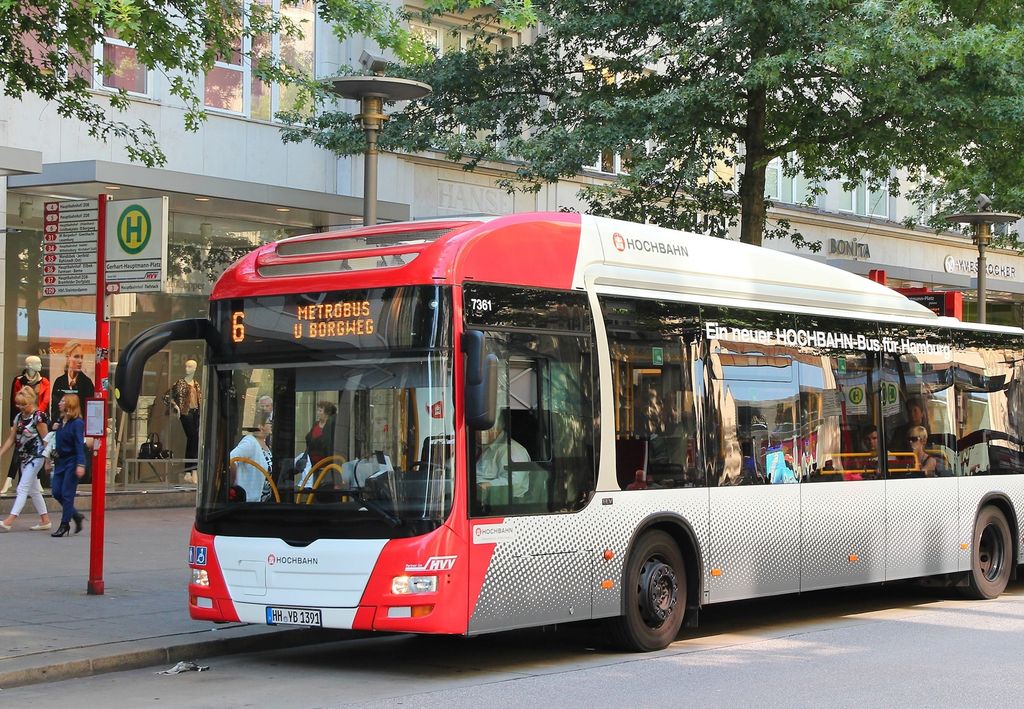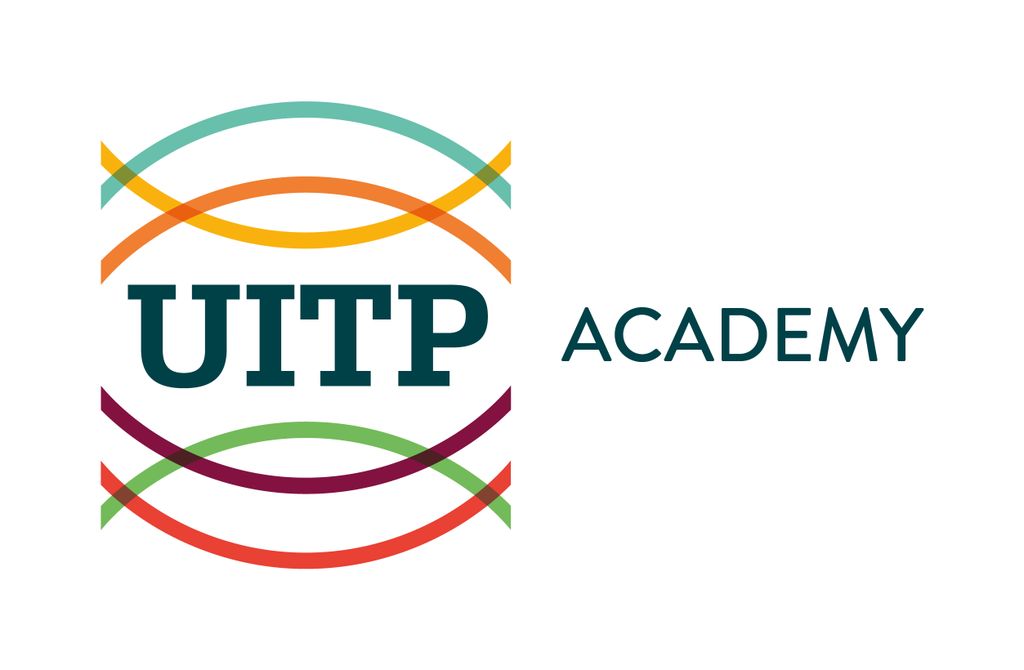
Bus Network Design and Route Planning
About
About
Offering an attractive and integrated public transport network is at the heart of (political) strategies aiming at offering high quality mobility services and promoting sustainable transport modes. Good public transport systems will keep cities accessible, liveable and competitive. Reorganising a bus network can play a crucial role to attain such political targets, in particular when the city and congestion is growing, when high capacity rail or bus corridors are being restructured or when citizens change their travel behaviour. These trends affect the shape of demand for bus services according to areas of intensification or opportunity and urge cities, transport authorities and operators to rethink their bus network.
Furthermore, cities are expanding and facing increasing congestion. As a result, there is a need for public transport to cater for growing demand, without necessarily benefitting from more public funds. A solution to this is to optimise and readapt bus networks to improve operational efficiency, while increasing the supply of local transport, improve service quality and hence stimulate patronage.
There are a multitude of other opportunities and reasons to redesign a bus network, including the introduction of bus priority, redesigning road space, or the launch of competitive tendering. However, the main objective for cities is to maintain a comprehensive, reliable and accessible network in order to provide a truly modern bus system to the city.
Keeping in mind that most cities aim at increasing customer service while optimising finances and warrant a sound business model, this training programme will look at how a bus network can be redesigned to:
- Increase ridership by offering more attractive services
- Optimise operations performance and efficiency
- Better adapt the local transport supply to the demand
- Capture the demand created by new urban developments, areas of intensification or opportunities
- Update the bus network and adapt to complex changes which took place over the years in the core of the transport network
- Adapt to the introduction of new technologies such as electric buses and on-demand services
- Recognise and respond to the individual needs of passengers (product differentiation)
Learning objectives
- Broaden your knowledge and widen your perspective on bus network design by learning and sharing experiences with professional leaders
- Get hands-on experience working bus network planning as a tool
- Learn from practice on how to optimise your bus network
- Understand the impact of new technology and software to get more value out of bus network design
- Allow exchange of knowledge by tapping into UITP’s international expertise
- Present and discuss best practices adapted regionally and internationally
A top-level methodology
- Get inspired by our trainers, understand the main aspects of bus network design and route planning, and learn from successful best practice
- Participate to interactive plenary sessions with an introduction by course leaders, presentation by trainers and open discussion with participants
- Challenge your practical knowledge on the effectiveness and quality of bus planning and scheduling
- Address topics and issues from an international perspective, enriched by different cultural approaches and points of views
- Participate in practical exercises ‘in the field’ allowing you to apply the principles and methods learnt during the training course
- Benefit from a unique exchange of knowledge and experience between professionals
UITP Training Programmes and all related processes are certified for ISO29990:2010 – the standard for learning services for non-formal education and training.

Who is it for?
- Staff from Bus transport operators or authorities responsible for the route design, planning & scheduling.
- Staff from the industry worldwide involved in the market uptake in this area: ITS companies, software developers and more
- Staff from public transport planning departments such as strategy planners, land use planners, urban designers
- Professionals from Bus planning operations, engineering, finance departments
- Professionals interested in obtaining a wider and international perspective on this topic and eager to learn more from best practice worldwide.
A good level of English is a compulsory requirement to attend the training
Inspiring trainers
All UITP trainers are top level transport and mobility professionals with extensive experience in public transport and operations from different regions of the world. In addition, UITP invites guest speakers to illustrate specific solutions, practices and case studies.


